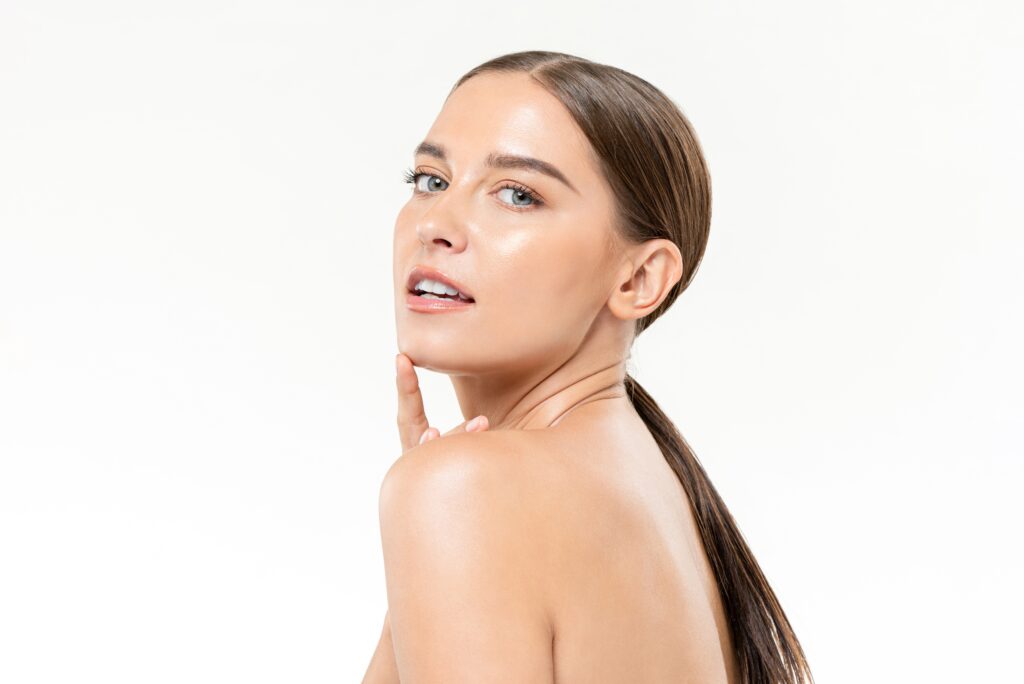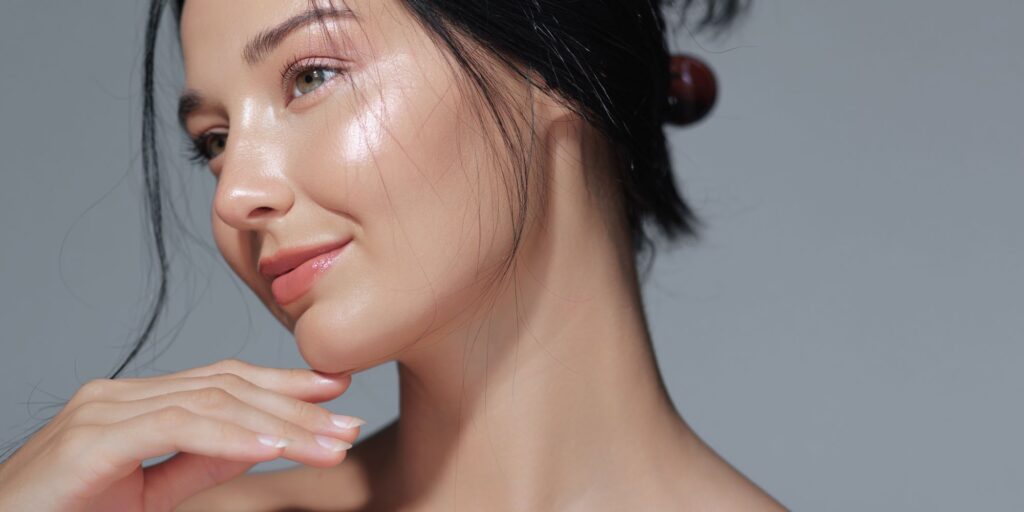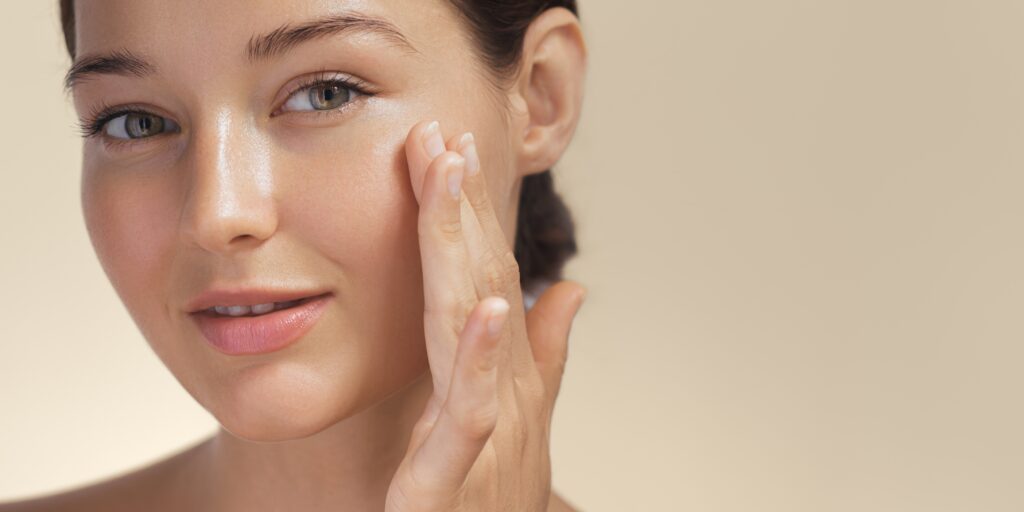- Posted in Skin Rejuvenation
As more individuals seek effective, non-surgical alternatives to combat sagging skin and fine lines, Ultherapy continues to stand out as a safe, FDA-approved treatment with long-lasting results. Being at the forefront of innovative skin treatments, Key Laser Institute aims to bring you the latest non-invasive techniques in skin rejuvenation. Under the expert guidance of Dr…. Read More →
- Posted in Laser
It’s no secret that laser treatments are some of the most advanced and cutting-edge options in the cosmetic industry. Laser skin resurfacing is one of the most popular and effective skin rejuvenation treatments performed each year, but if you’re looking to incorporate laser resurfacing into your beauty regimen, it can be difficult to know where… Read More →
- Posted in Laser, Skin Rejuvenation, Treatments
When it comes to revitalizing your skin, choosing the proper treatment can be a daunting task. At Key Laser Institute, located in Portland, OR, we offer a variety of UltraClear treatments designed to cater to your unique skin care needs. This innovative laser technology offers customizable options, making it ideal for individuals seeking targeted skin… Read More →
- Posted in Laser, Skin Rejuvenation, Treatments
Are you dreaming of clear, youthful skin? Intense Pulsed Light (IPL) treatment may be the solution you’ve been looking for. At Key Laser Institute, we are proud to offer IPL treatments tailored to meet your skin rejuvenation needs. IPL, often referred to as BroadBand Light Laser or BBL Laser, is a non-invasive method that uses… Read More →
- Posted in Laser
Summer is the ideal time to enjoy the sunshine outdoors in Portland, but it is also a crucial period to take extra care of your skin. With the sun shining brightly, UV exposure increases, which can lead to sun damage. At Key Laser Institute, we understand the challenges of maintaining healthy skin during the summer,… Read More →
- Posted in Laser
In the ever-evolving field of dermatology, the PicoSure FOCUS laser technology stands out as a revolutionary advancement. Renowned for its ability to address a myriad of skin conditions with minimal discomfort and downtime, PicoSure is transforming the landscape of aesthetic treatments. At Key Laser Institute, under the expert guidance of Dr. Key, the PicoSure FOCUS… Read More →
- Posted in Laser
PicoSure FOCUS is a gentle skin rejuvenation treatment that lessens the effects of aging and helps resolve acne flare-ups and scarring. It promotes a youthful skin presence without the typical discomfort and downtime from many harsh skin care treatments or cosmetic surgeries. Studies indicate it is an excellent treatment for melasma, lines and wrinkles, acne… Read More →
- Posted in Body
Your body can change dramatically after childbirth – like stretch marks, loose skin, unwanted bulges, or even a change in your hair texture and bra size. Though many celebrity magazines and beauty blogs make it seem like any woman can quickly bounce back from the stress of pregnancy and childbirth, you might have discovered your… Read More →
- Posted in Laser
Over the past couple of decades, laser treatments have come a long way. The Gentle YAG system is a recently developed technology with proven efficacy for a wide range of aesthetic conditions. This cutting-edge treatment brings new advantages to men and women with cosmetic concerns. The process employs a patented cooling system developed for skin… Read More →
- Posted in Laser
If you’re considering skin resurfacing, you may have come across PicoSure Focus and Fraxel Skin Resurfacing. Both treatments offer excellent results, but they do so in quite different ways. With that in mind, let’s delve into each treatment, compare their benefits, and help you determine which laser technology might be the best fit for your… Read More →









